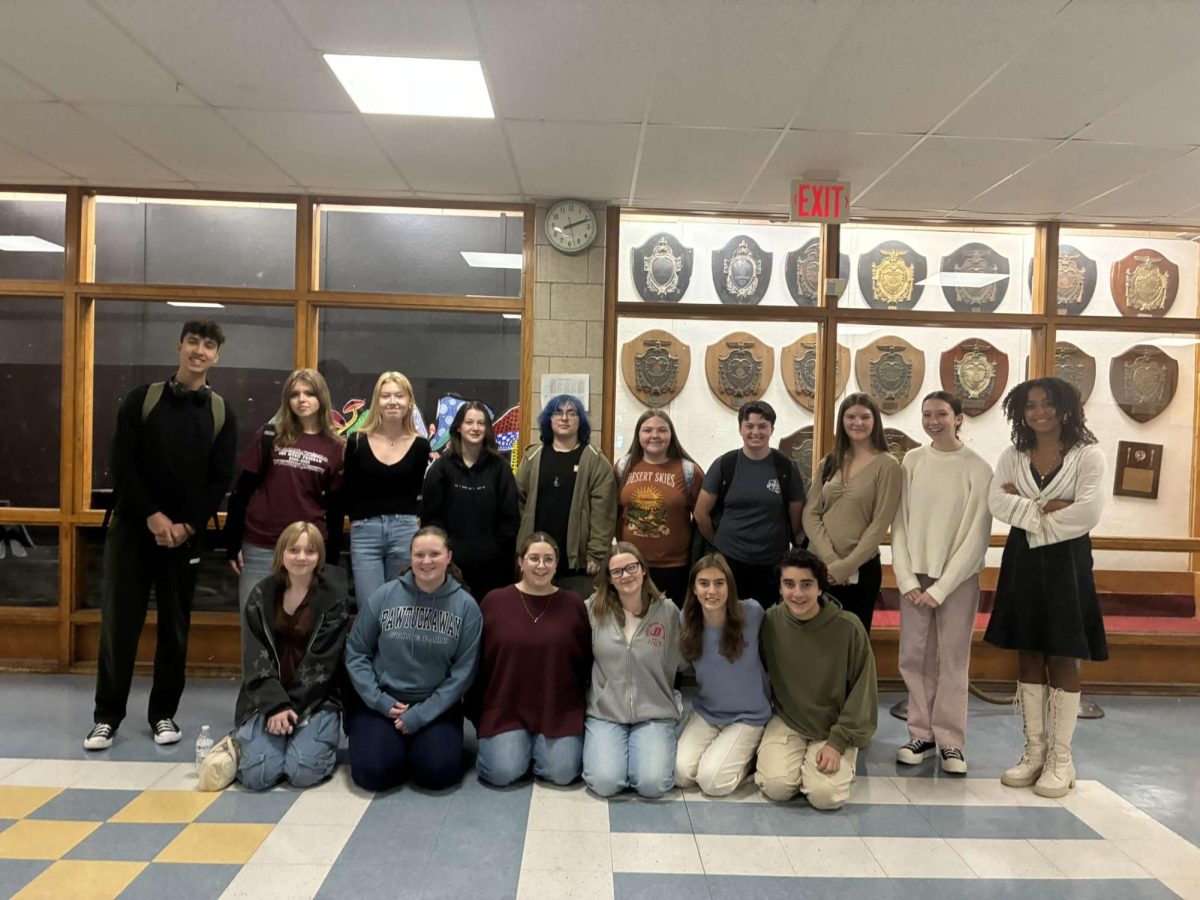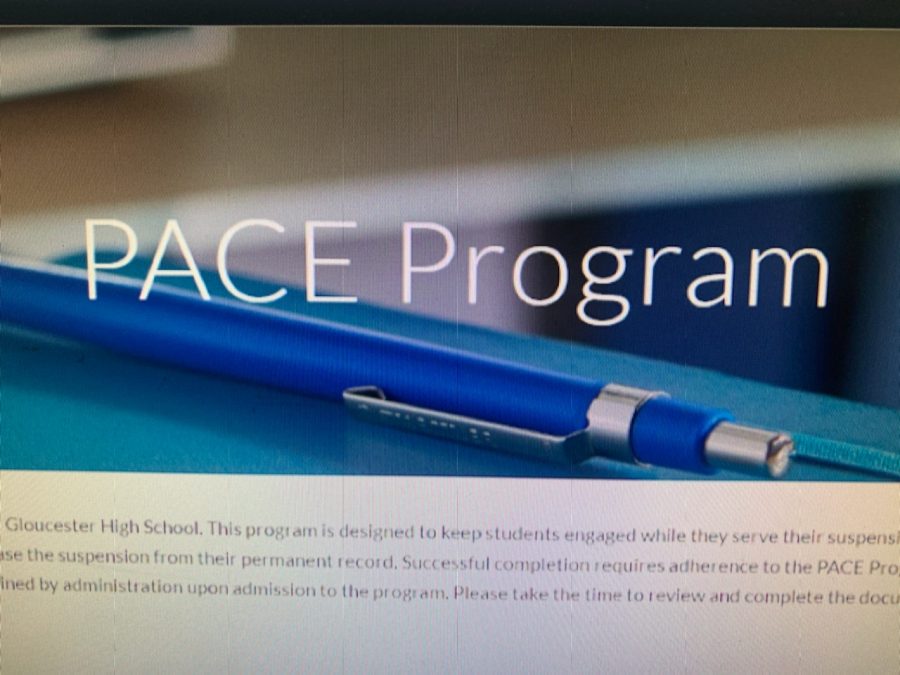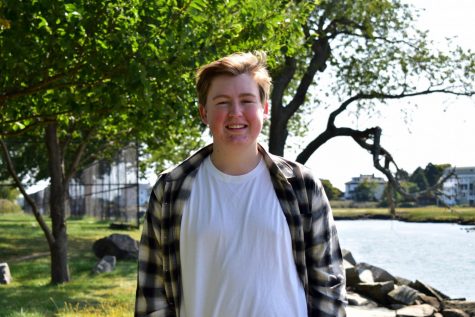PACE program designed to reduce suspensions and keep kids in school
PACE program, an alternative to suspension, allows students to remain in school
September 23, 2019
Gloucester High School is introducing a new program as an alternative to student suspensions.
The Positive Alternative to Consequences in Education, or PACE, is a positive alternative to suspension that will not appear on a student’s permanent record. Instead of being sent home for a suspension, students will stay in school and continue their education.
This program marks a change in how GHS will deal with disciplinary issues. It’s a more holistic approach that focuses on future prevention.
PACE teacher Rory Gentile has been tasked with designing the program. Gentile has a background in Applied Behavioral Analysis, which is about manipulating an environment to coax out desired behaviors.
“We will try to find out enough about the student and try to connect them to activities that will help them not get suspended again,” said Gentile.
In 2017-2018, 63 students received out of school suspensions. 51 of the students fit into one or more of the high needs categories: students with disabilities, English language learner, and/or economically disadvantaged. 52 of the students were male and 11 were female. The program will be funded for two years through a state Essential School Health Service (ESHS) grant.
“It is a privilege,” said Gentile “If you do not follow the rules you get a regular out of school suspension. If you do, and complete the program in addition to contingencies we might have, for example making an appointment at the health center, you successfully complete the program and no suspension will be on your permanent record.”
Dean of Students Chris Kobs said the PACE program has been in the works for several years and is modeled after a similar program in Beverly. “When a student gets suspended outside the school. We really don’t know what’s being done to prevent the problem from happening again,” said Kobs.
PACE program aims to address underlying social-emotional and behavioral issues and make punishment less detrimental to academics.
“They should be way less behind in classwork than they would’ve been if they stayed home,
said Gentile. “One mistake will not haunt them forever.”

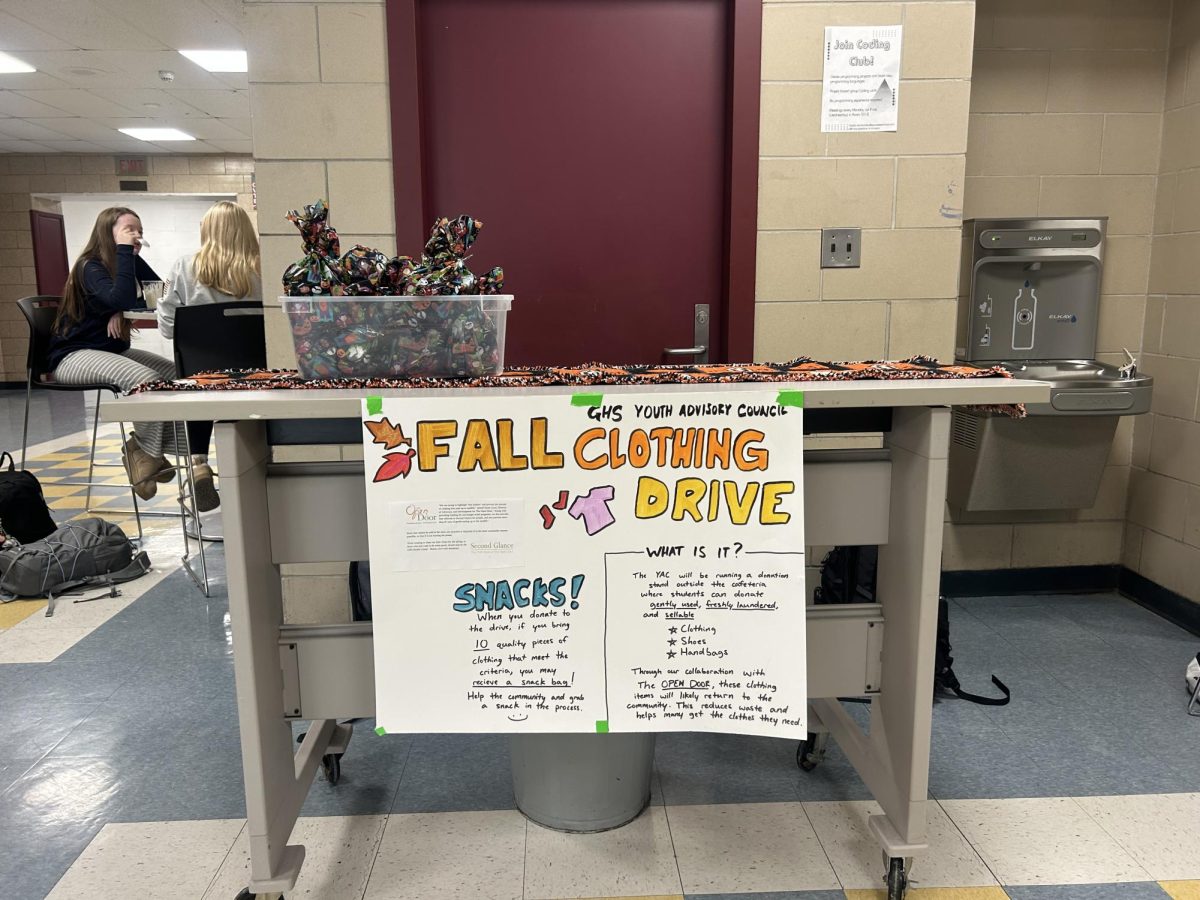
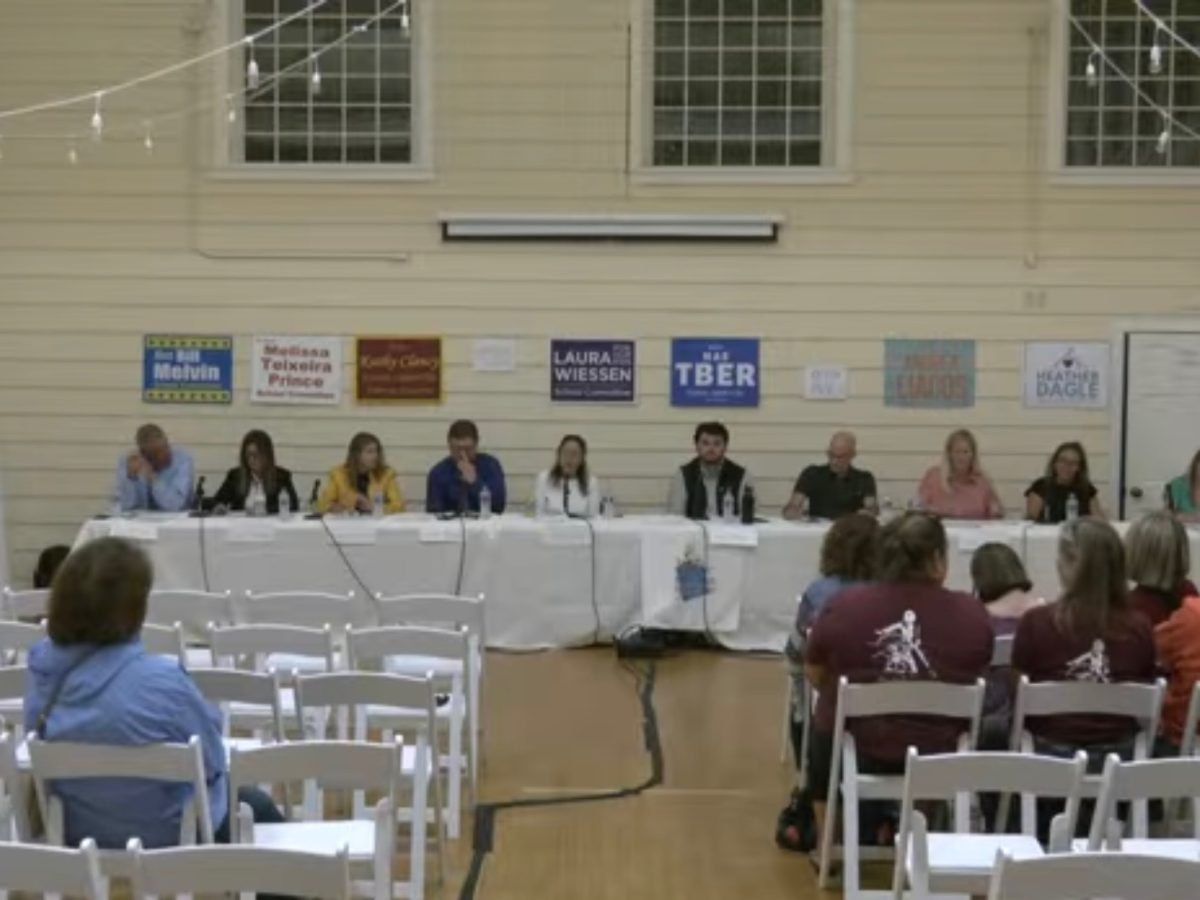







![The Volleyball team poses after their win. [Photo courtesy of GHS Volleyball]](https://thegillnetter.com/wp-content/uploads/2025/10/IMG_6936.jpg)
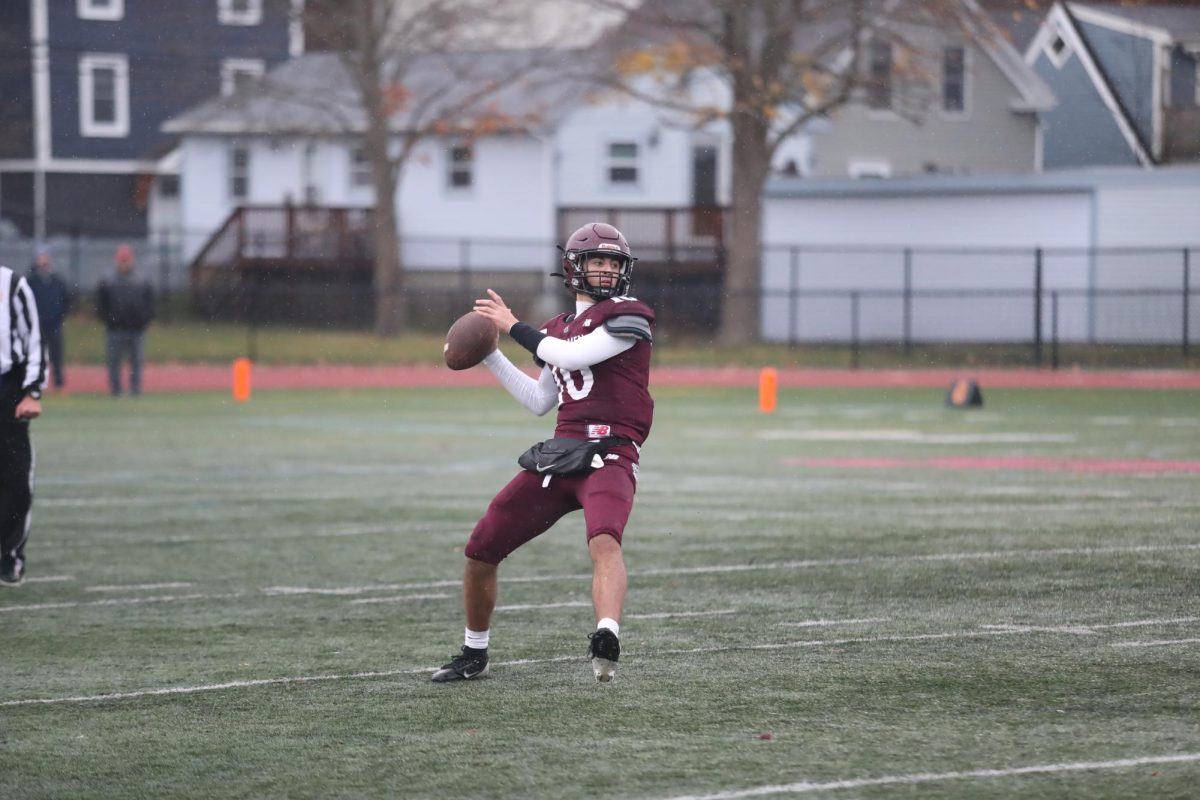
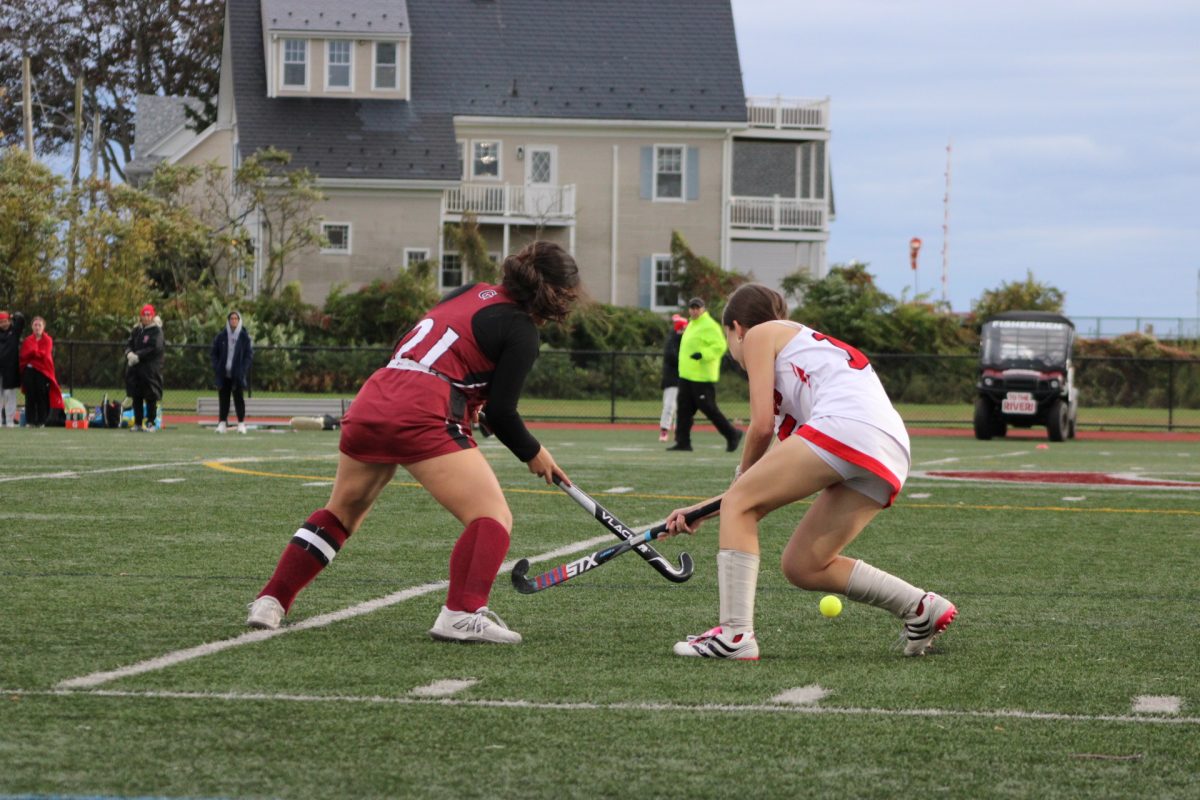

![The GHS/MERHS senior cross country runners pose together on Senior Night. [Photo courtesy of Manchester-Essex Athletics]](https://thegillnetter.com/wp-content/uploads/2025/10/Screenshot-2025-10-10-at-11.18.29-AM.png)





